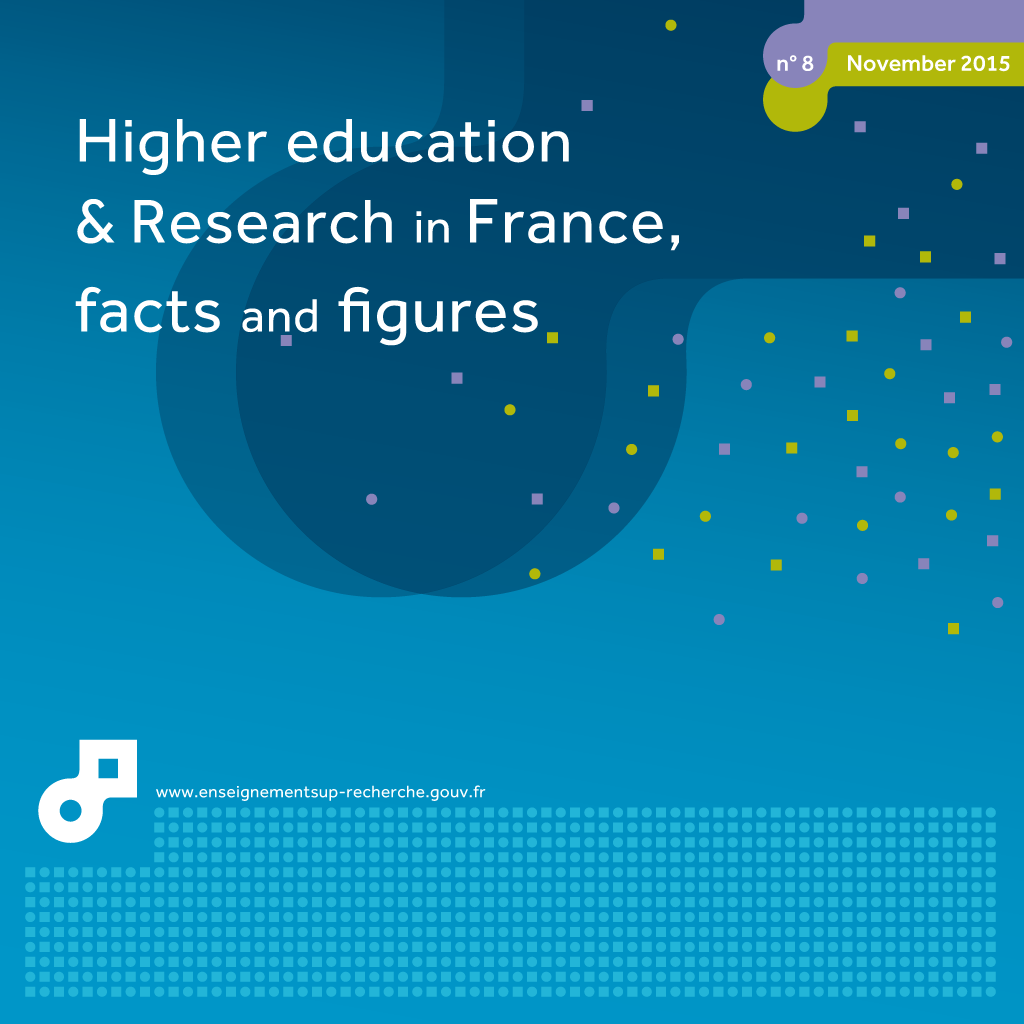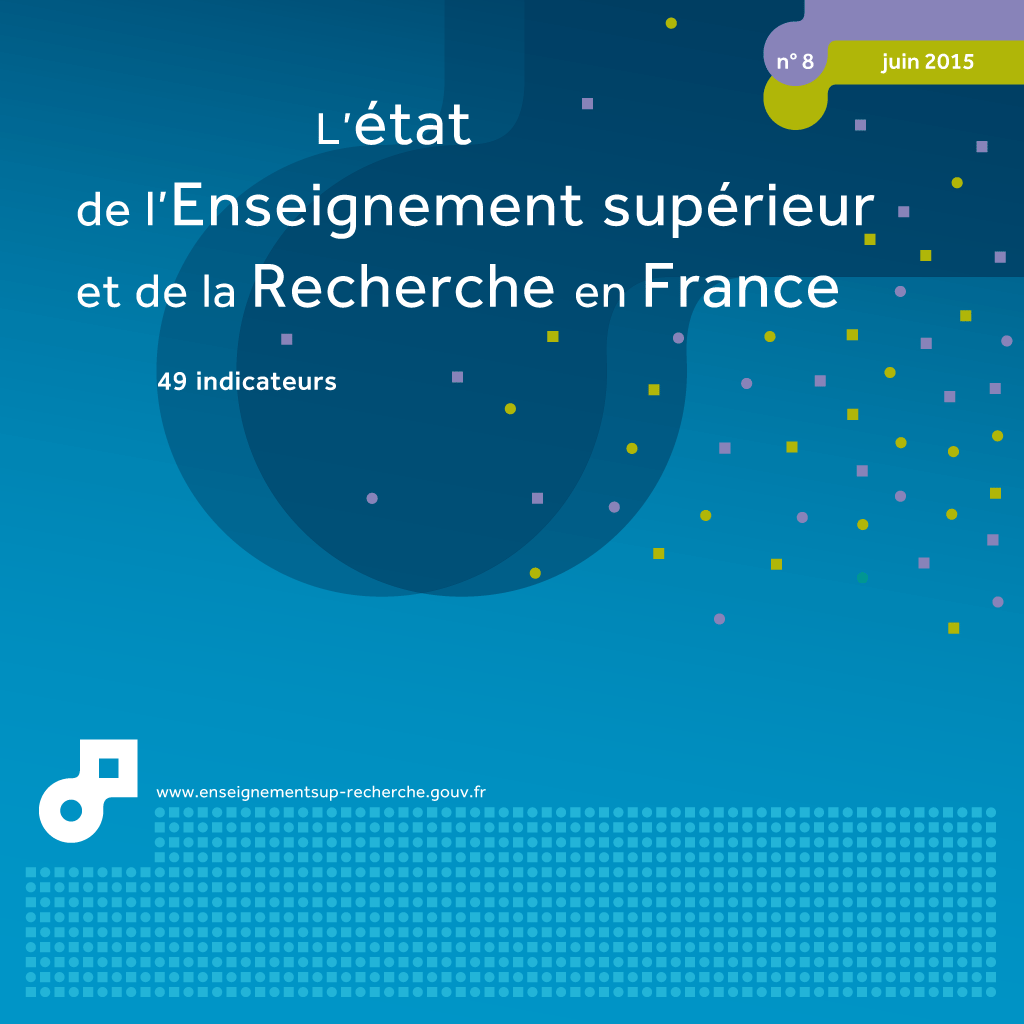14 student life: student health
More than six out of ten students consider that they are in good health. However, older male and female students are slightly less positive about their health. Exhaustion, stress and sleep problems are frequent, especially in some fields of studies. Finally, 8% of students do not have complementary health insurance and 13% have already gone without treatment for financial reasons.
French students' assessment of their general state of health is positive overall. 63% are satisfied or very satisfied with their state of health. Only 11% consider it to be unsatisfactory or fairly unsatisfactory (chart 14.01). The characteristics of the student population can help explain this positive assessment. The student population comes for the most part from the middle and upper classes, they are well-informed and young (with an average age of 22, they are in fact the youngest in Europe).
However, students' opinions of their state of health is not uniform. Women's assessment is more negative than men's, as 68% of men consider that they are in good or very good health, compared with only 59% of women. This is a constant in the area of health, found in the French population but also in all European countries. These gendered perceptions particularly reflect differences in lifestyle, in people's relationship with their body, in nutrition and in mental health. Also, as one gets older and moves towards becoming independent and living alone, this leads to a decline in the positive assessment of one's state of health. Thus 58% of students aged 26 and over consider that they are in good or very good health compared with 66% of students under 20.
Although overall, students consider that they are in good health, many say that they have feelings of unease (table 14.02). They say that they often feel exhausted (53%), stressed (53%) and have sleep problems (39%). Timetables (for study and/or work) can vary considerably according to the study programmes, and this is not without its impact on the fragile psychological state of some students. Students in classes preparing for admission to Grandes Écoles (Classe préparatoire aux grandes écoles - CPGE) are affected more often than others by exhaustion, stress and depression. Doing paid work during the academic year also seems to be a source of tension. Students who work at least part-time and at least 6 months of the year are more often prone to sleep problems (45%), exhaustion (60%) or stress (57%).
Although the student population seems to be fairly well protected, there are some indicators that could lead one to qualify this observation. 8% of all students do not have complementary health insurance. This is even the case for almost a third of foreign students (compared with only 5% of French students). In addition, a little over a quarter of students say that they have gone without seeing a doctor (chart 14.03). Foregoing healthcare is something that increases with student age and reaches 35% for 23-25-year-olds. It is also in this age bracket that foregoing care for financial reasons is greatest (58% of those who have gone without healthcare) (chart 14.04). The reason for this is mainly the pivotal position of this age bracket in the transition towards economic and family independence: for the youngest students, the family plays a protective role in terms of healthcare, whereas for the older students it is economic independence (especially through work) that fulfils this role.
How to cite this paper :
close
Key figures
Whole of France
Whole of France
Whole of France
Whole of France
14.01 Students' assessment of their state of health (%)
59% of female students consider their state of health to be satisfactory or very satisfactory.
You can embed this chart to your website or your blog by copying the HTML code and pasting it into the source code of your website / blog:
close
14.02 Feelings of unease during the week preceding the survey (%)
55% of university students said they had felt stress during the week preceding the survey response.
You can embed this table to your website or your blog by copying the HTML code and pasting it into the source code of your website / blog:
close
14.03 Foregoing healthcare according to age (%)
18% of students under 19 say they have already foregone health care.
You can embed this chart to your website or your blog by copying the HTML code and pasting it into the source code of your website / blog:
close
14.04 Foregoing healthcare for financial reasons according to age (%)
Among students aged under 19 who have foregone health care, 32% say that they have done this at least once for financial reasons.
You can embed this chart to your website or your blog by copying the HTML code and pasting it into the source code of your website / blog:
close
Related statistical publication
 OVE Infos 27 - Les étudiants, une population inégalement protégée en matière de santé - Feres Belghith, Simon Le Corgne - March 2013
OVE Infos 27 - Les étudiants, une population inégalement protégée en matière de santé - Feres Belghith, Simon Le Corgne - March 2013 conditions de vie et d’études des étudiants (parcours, vie studieuse, ressources, logement, restauration…). Elle permet ainsi une analyse fine des conditions de santé de cette population ainsi que de leurs effets. Cet OVE infos analyse les jugements et les pratiques des étudiants en matière de santé, il interroge les raisons des renoncements à des consultations médicales, les conduites à risques et met en lumières les facteurs qui jouent sur les fragilités psychologiques des étudiants.
Translation
 Etat de l'enseignement supérieur et de la rechercheL'état de l'Enseignement supérieur et de la Recherche en France n°8 - juin 2015
Etat de l'enseignement supérieur et de la rechercheL'état de l'Enseignement supérieur et de la Recherche en France n°8 - juin 201514 - la vie étudiante : la santé des étudiants - Feres Belghith & Odile Ferry




